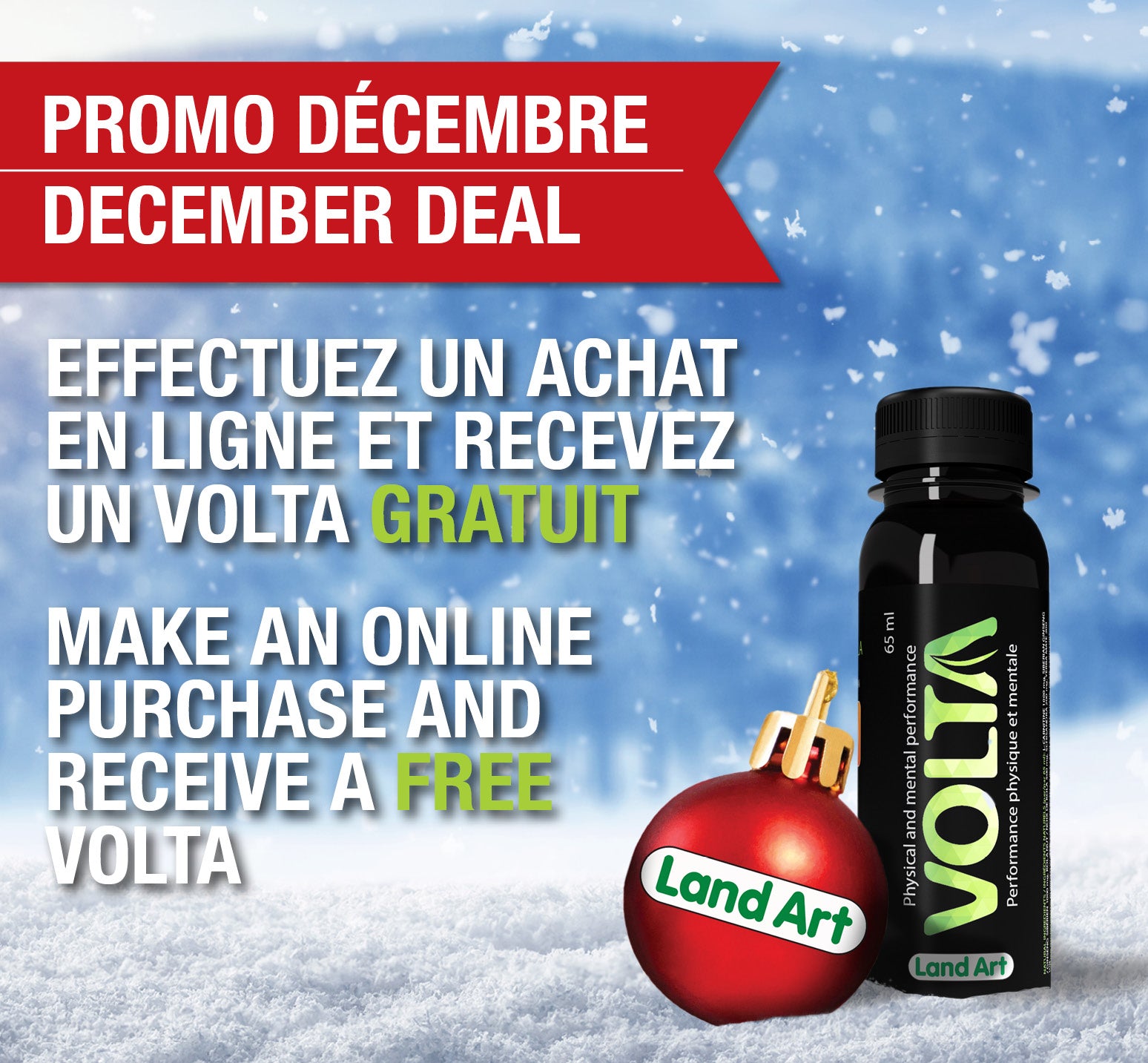Marie-France is passionate about natural health products to maintain optimum health and vitality. A professionally trained Naturopath, she is also a sales representative at Land Art since 2015.
It has become trendy to take good care of yourself, which is a great idea. In this new era of self-care, we buy less, or we buy better; organic, local, sustainable, vegan and fair trade… There are many certifications, logos accumulate at the bottom of labels and frankly, most people won’t look any further. Let’s admit it, we are trusting, we buy peace of mind thanks to an acronym which promises that the product we hold in our hands is better than a similar product which is often less expensive. If you have also recently made the conscious choice to be more cautious about your purchases, there are some things that you should know to help navigate through all the offers that are available in the organics section of your supermarket.
Several designations are used to attract consumer attention, and many of them are not controlled:
Natural ingredients – We are talking about the raw material. Coconut oil, for example; it means that the ingredient is used in its original form, as found in nature. However, it does not mention if this oil is raw, virgin, or if it was cold pressed. Has it been heated? Bleached? Deodorized? The consumer will have to do more research to find these answers.
From natural ingredients – This mention isn’t quite as clear. The product is manufactured with ingredients found in nature but they have probably been greatly altered. Let’s take corn syrup as an example: although it is made with corn, this ingredient has been highly modified and is far from being beneficial for health.
Wild – For example, wild blueberries. Here, the plant grows without human intervention. Ideally, they are harvested traditionally, by hand.
Vegan – Any product that contains no animal material is said to be vegan. We are talking about vegetable sources, or mineral, but also synthetic. This is unfortunately not automatically a healthy choice. Oreo cookies are « Vegan »; so, you need to be wary here too.
Organic – Ingredients from agriculture that does not use any chemical products (fertilizers or pesticides).
Certified organic – There is no universal standard for organic certification. The mention may mean that 10 to 95 % of the ingredients are from organic farming. Between the two there lies a huge grey area. Several companies apply their seal to offer a semblance of reassurance for consumer safety; USDA, Québec Vrai, Pro-Cert. It is difficult to get transparency from these companies because standards remain vague.
At Land Art, we have chosen to certify our new organic product line with ECOCERT®.
ECOCERT® is a biological certification company from Europe. They are recognized worldwide and have been for almost 30 years. In Quebec, ECOCERT® Canada certifies organic products and ensures that these products conform to the industry's most stringent standards. Throughout the manufacturing process, ECOCERT® ensures the respect and protection of the environment, values dear to Land Art. Visit landart.ca or a natural product store to discover the new ECOCERT® Certified Organic products from Land Art Canada.





